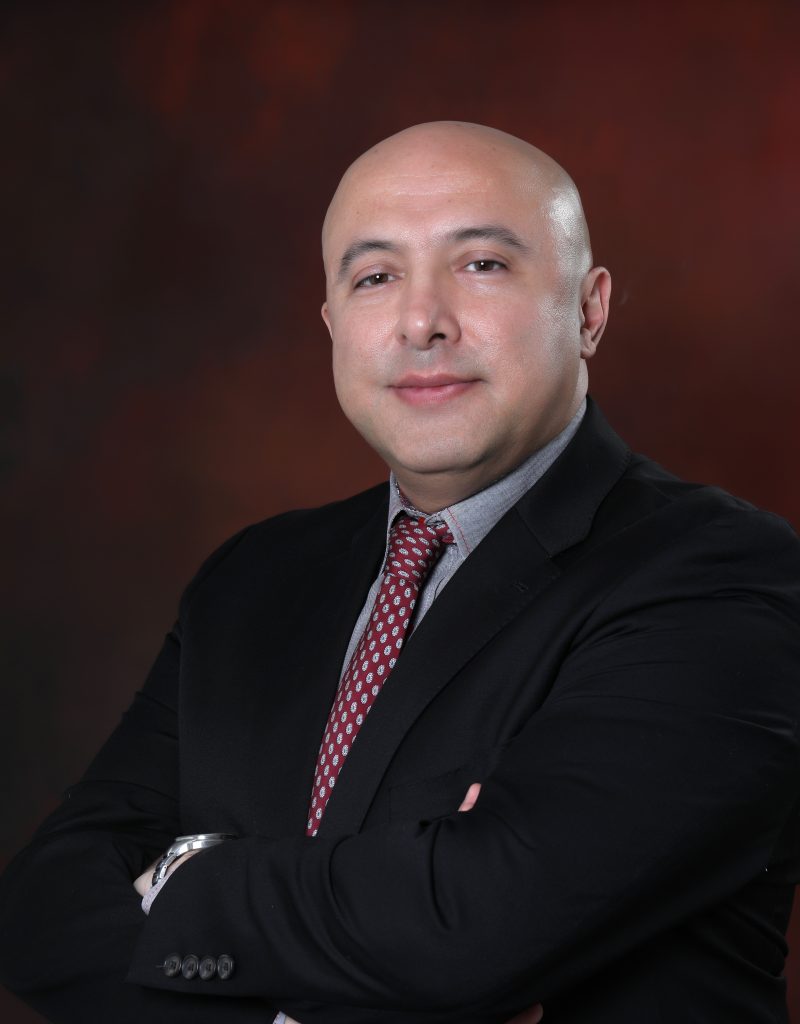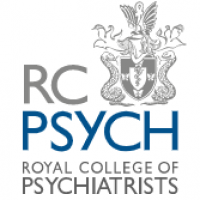How to spot Dementia in a loved one?
Dementia is an umbrella term which refers to a group of diseases and conditions that affect the brain. Although Dementia is not a disease itself, it is a collection of symptoms.
Spotting dementia is often left to loved ones, as it can be difficult to spot in oneself. Often symptoms can be brushed off and associated with the natural ageing process or other health problems like
depression. But, if symptoms persist and gradually or suddenly get worse, it can be worrying and alarming for both patients and loved ones. It is important to seek help and advice from a professional as soon as you suspect Dementia.
“Dementia is a syndrome (a group of related symptoms) associated with an ongoing decline of brain functioning.” – NHS
There are some early key things to look out for in loved ones that may be down to Dementia, some might include:
1) Memory Loss (short-term memory of daily matters).
2) Difficulty concentrating on tasks.
3) Mood changes, irritability, or expressing paranoid ideas
4) Losing interest in activities
5) Being confused (often about the time or a location).
6) Struggling to follow a conversation. Repeating the same sentence or question.
7) Not being able to remember the correct word.
8) Difficulty in completing everyday tasks, cooking, shopping, driving.
9) Accidents like losing or misplacing items, burning food, not paying bills.
Whilst these are some symptoms of Dementia, they can often get worse very gradually. These can be put down to Mild cognitive impairment (MCI) which is the stage between the expected cognitive decline of normal ageing and the more serious decline of dementia.
What is Alzheimer’s disease?
Alzheimer’s is a progressive disease, where dementia symptoms gradually worsen over a number of years. In its early stages, memory loss is mild, but with late-stage Alzheimer’s, individuals lose the ability to carry on a conversation and respond to their environment. Symptoms of Alzheimer’s disease include:
1) Short-term memory problems like forgetting daily maters
2) Difficulty remembering faces and names.
3) Losing way (even in familial places)
4) Difficulty finding words
5) Repeatedly asking the same questions.
6) Becoming withdrawn and anxious.
7) Difficulty in familiar situations.
8) Difficulty with numbers and words.
It is important to recognize that Alzheimer’s is not just a process of old age. This is often forgotten and can be a leading reason why diagnosis is delayed in patients. Although the majority of patients are over the age of 65, there are still a number of cases each year with patients younger (about 5%). Whereas Alzheimer’s has no cure, treatments for symptoms are available.
What is Vascular Dementia?
Vascular Dementia is the second most common form of dementia affecting one-fifth of patients. Patients with vascular dementia are more likely to present with low and anxious mood even before
showing cognitive decline. Vascular dementia tends to get worse over time. Specific symptoms of Vascular dementia may include:
1) Muscle weakness or stroke-like symptoms (if this presents, please seek urgent medical attention).
2) Mood changes, mainly depression and anxiety.
3) Difficulty thinking.
4) Problem with speech and word-finding.
Dementia is a progressive and non-reversible condition, for which no cure currently exists. However, there are measures to improve the patient’s quality of life and prevent complications. Providing and maintaining a safe living environment and healthy daily routine is the most important aspect of management in dementia.
Dr Behzad Basit is an experienced Psychiatrist who helps patients with living with dementia. With his medical career starting in 1988, Dr Basit been described by patients and colleagues as very
approachable and can help patients experiencing problems with memory and possible Dementia. His background in general practice, psychiatry and psychotherapy enables him to take a holistic approach in the assessment and management of patients.
We invite you to learn more about Dementia here.
To book a consultation with Dr Behzad Basit, please complete our contact form here.









